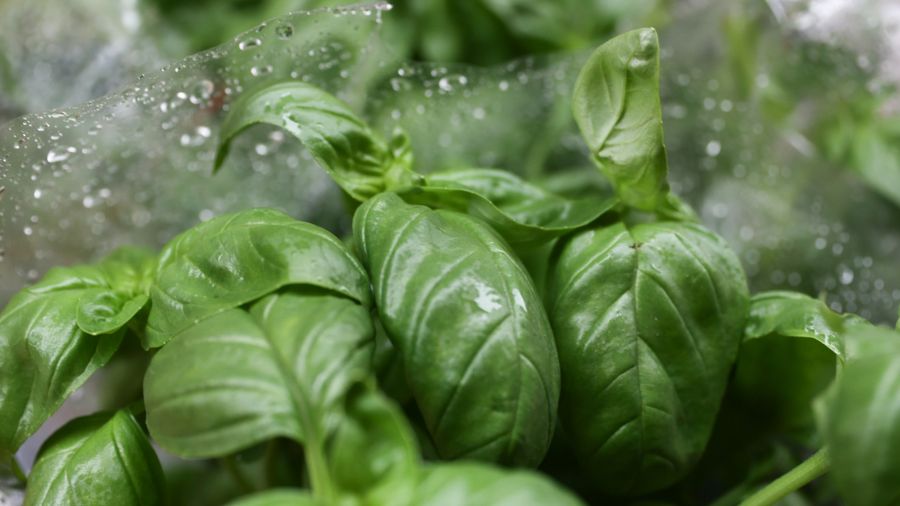Is Washington state ready to decriminalize all drug possession?
May 7, 2020, 5:48 AM

(AP)
(AP)
King and Snohomish counties already refuse to arrest anyone for simple drug possession. Is it time for the entire state to do the same?
The war on drugs did not work and does not work: That’s the cornerstone philosophy of Treatment First Washington, the ACLU sub-group behind this initiative, which would decriminalize personal use drug possession for all illegal drugs.
Campaign spokesperson Christina Blocker said it doesn’t make sense to throw people in jail for simple possession. She said it is a health question, not a legal question.
Looking out for signs of overusing drugs and alcohol for stress
“We want to create a new mechanism where people would be able to get connected to treatment and recovery services,” she said. “Our efforts are born out of our mistakes from the war on drugs approach.”
The system would cost the state more than $130 million a year, with the money coming from taxes on marijuana.
Blocker said under I-1715, a person found with a personal amount of any drug would be given a ticket and then options for treatment. All other drug offenses would still be criminal.
“All criminal penalties will still remain intact as it relates to delivery, manufacture, and commercial drug offenses,” she said. “This would just remove criminal penalties for low-level possession.”
But Blocker couldn’t define what low-level possession means. She said how much of a particular drug would be considered as personal use would be up to a panel of experts, but those thresholds might not even be decided before a public vote.
I asked Blocker if this would make our region’s drug problem worse or encourage more drug use. She doesn’t believe that would be the result of making drug possession a civil infraction.
“We really just want to make sure we’re providing everybody in the state the opportunity to seek help,” she said. “This is not a criminal issue. It’s an issue of public health.”
Her group has until July 2, 2020, to gather enough signatures to put this on the November ballot. Gathering signatures will not be easy, considering the COVID-19 pandemic.
Oregon has a similar initiative going to voters this year. Idaho took a look at the issue and decided not to move forward.













